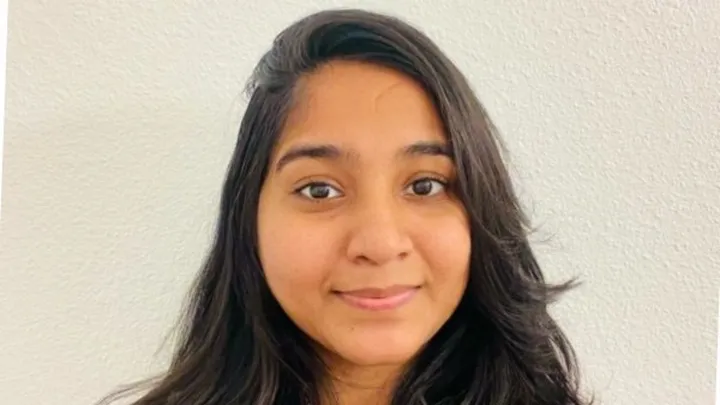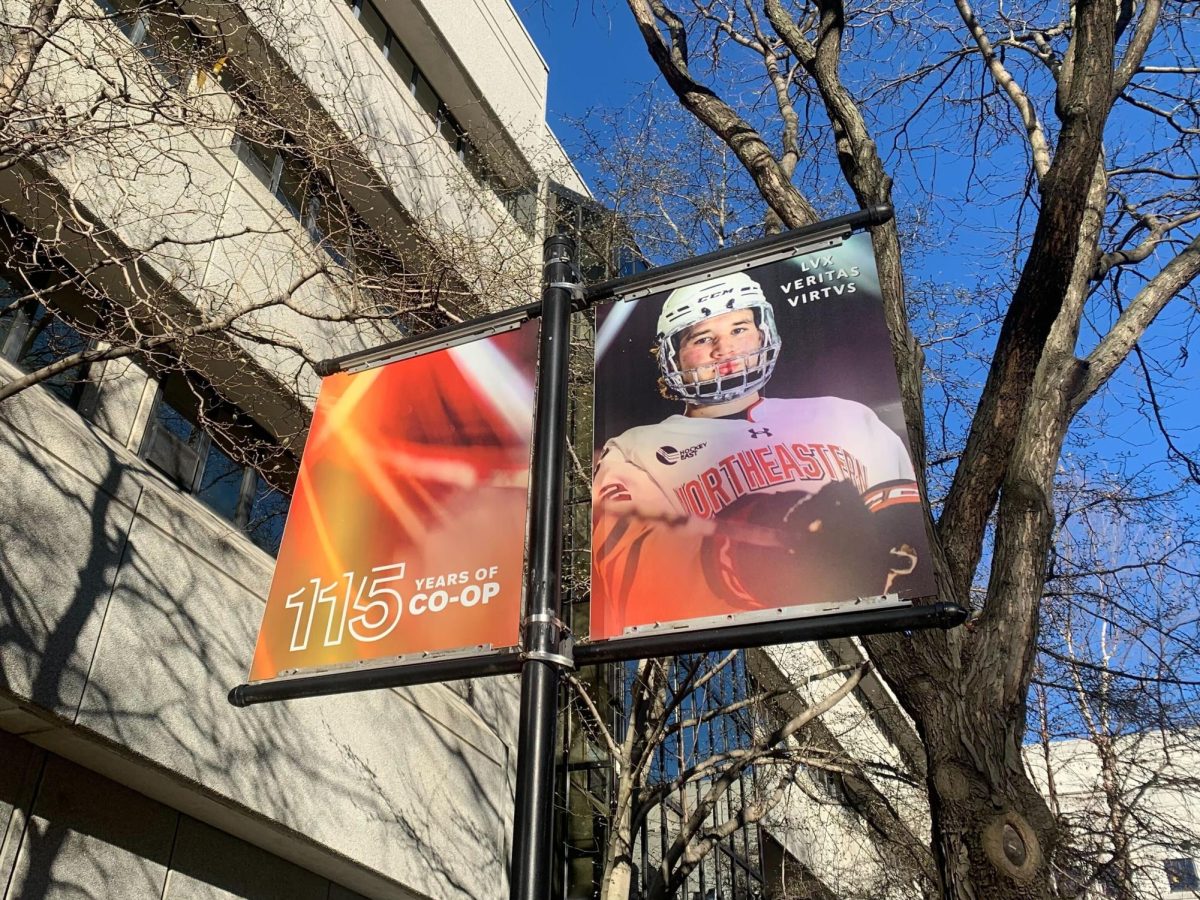As Super Tuesday nears, collegiate support for Democratic presidential candidates varies as students assess the narrowing race.
Voters in 10 states, including Massachusetts, will have the chance to decide between the four remaining candidates March 2, including front-runner John Kerry, the junior senator from Massachusetts, and John Edwards, the charismatic senator from North Carolina who hopes to utilize his second place finish in Wisconsin and usurp his opponent’s dominance.
The Rev. Al Sharpton and Ohio Congressman Dennis Kucinich remain on the ticket, though neither has yet to win a caucus or primary.
If voting on Super Tuesday remains consistent with the 17 primaries thus far, the candidate’s “electability”– a word used in exit polls by many voters who attributed that quality as their principal reason for a Sen. Kerry vote – will be an integral factor.
“I would definitely vote for Senator Kerry,” said Haley Goucher, a Kansas City native and an English major at Boston University.
“I think he would make the strongest ticket. Senator Kerry has more composure and experience. Edwards would make the better vice presidential candidate.”
Out of the 17 primaries contested so far, Kerry emerged victorious in 15 of them. Edwards has only won South Carolina, his home state, and the last primary went to Gen. Wesley Clark, who has since dropped out of the race.
While many Democratic voters have rallied around Kerry’s commanding lead, some still hold reservations. In a national poll last week by the Pew Research Center, the Massachusetts senator was described by some voters as “phony” and “arrogant.”
Such sentiments could boost Edwards’ campaign, whose relatively positive message and engaging manner appeals to those who feel a president’s persona, aside from policy, hold important value.
“The real issue here is who can really inspire people and motivate people in the way that we need to win this election,” said David Axelrod, a senior advisor to Edwards, in an interview with The New York Times on Sunday. “You put him on a platform with the other guy and I think there’s a real difference: Edwards inspires people. He fires people up. The contrast is there for people to see.”
With the recent departure of Howard Dean from the race, both candidates look to garner the former Vermont governor’s supporters. In rallies over the weekend, Edwards expressed his hope for a Dean endorsement.
Jason Zaler, who led NU for Dean, cited Edwards’ short time in the Senate as a weakness.
“I oppose Edwards because he strongly supports the death penalty and he doesn’t have the experience,” he said.
A possible endorsement from Dean, respectively, would bolster Kerry’s campaign to near invincibility or breathe life into Edwards’ efforts to mount a comeback in the final weeks.
Although he has not yet endorsed either candidate, Dean promised to shift his efforts in aiding the Democratic Party to defeatPresident George W. Bush in the November election.
“The fight that we began can and must continue,” he posted on his Web site Feb. 18, the day he announced he no longer sought the nomination.
“Although my candidacy for president may end today, the most important goal remains defeating George W. Bush in November, and I hope that you will join me in doing everything we can to support the Democrats this fall.”
During the next week, Kerry will be campaigning in all 10 states before the voters take to the polls on March 2. Edwards will focus on six – Ohio, Georgia, New York, Minnesota, Maryland and California.









